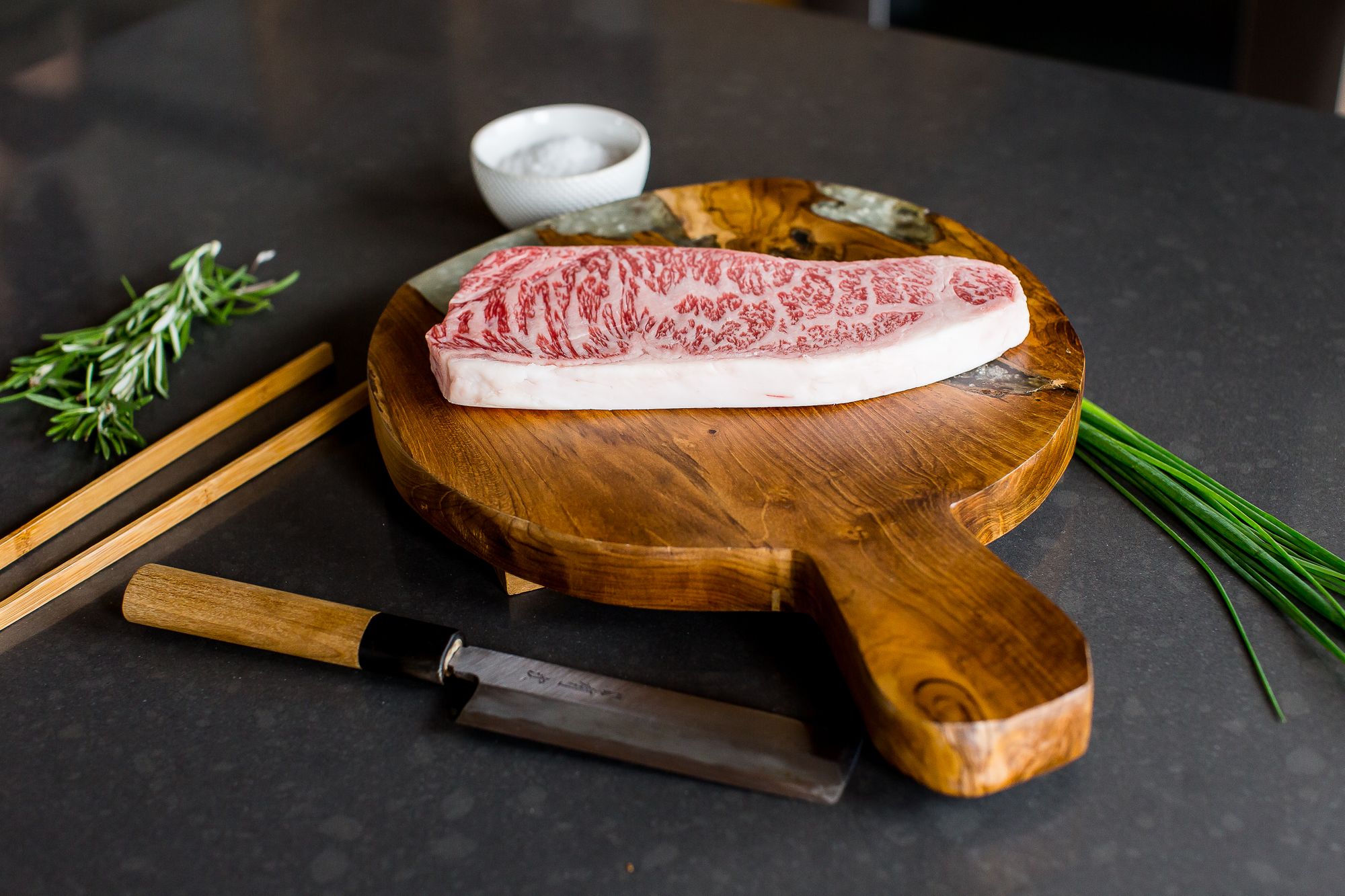
When it comes to Wagyu, there's a lot of confusion and misinformation online. Luckily, through our extensive work directly with producers in Japan, and my background in Japanese language, we've learned a lot and have been able to bring some of the rarest and best Japanese Wagyu to the USA for the first time.
Today's post is about a very detailed aspect of Japanese Wagyu, the bloodline known as Tajima (但馬).
To explain what Tajima is, it is helpful to review the basics of Japanese Wagyu terminology to put everything into context.
First, Wagyu (和牛) is just the Japanese word for "Japanese Cow." There are four breeds of cattle that are native to Japan, and one of these is special for it's genetic-predisposition for creating ultra-fine-grained marbling which has made Japanese beef world-famous. This breed is called Kuroge Washu (黒毛和種).
The history of the breed goes back centuries, but in terms of the professional development of the breed into the delicacy it is now famous for being, there was a single animal with superior genetics who lived from 1939 until 1958 — a Kuroge Washu "master bull" — whose name was Tajiri (田尻). Today, according to the National Wagyu Registry Association, over 99.9% of Kuroge Washu cattle in Japan are direct genetic descendants of Tajiri reference.
Tajima (但馬) is a bloodline of the Kuroge Washu breed. You can think of it as a subset of the family tree, genetically speaking. Like almost all Kuroge Washu, it too descends from the Tajiri master bull, and shares the genetic predisposition for marbling for which Japanese Wagyu is famous. When Tajima beef is raised in Hyogo prefecture and meets certain criteria, it can carry the brand name, Kobe Beef.
Last year, Kuroge Washu beef raised in Kagoshima earned the highest average scores across 11 competitive categories at Japan's prestigious "Wagyu Olympics" — beating out entrants from other regions including Kobe Beef.
When it comes to Japanese Wagyu, make sure you're getting the Kuroge Washu breed from a reputable farm — and beware the many shenanigans of wagyu.